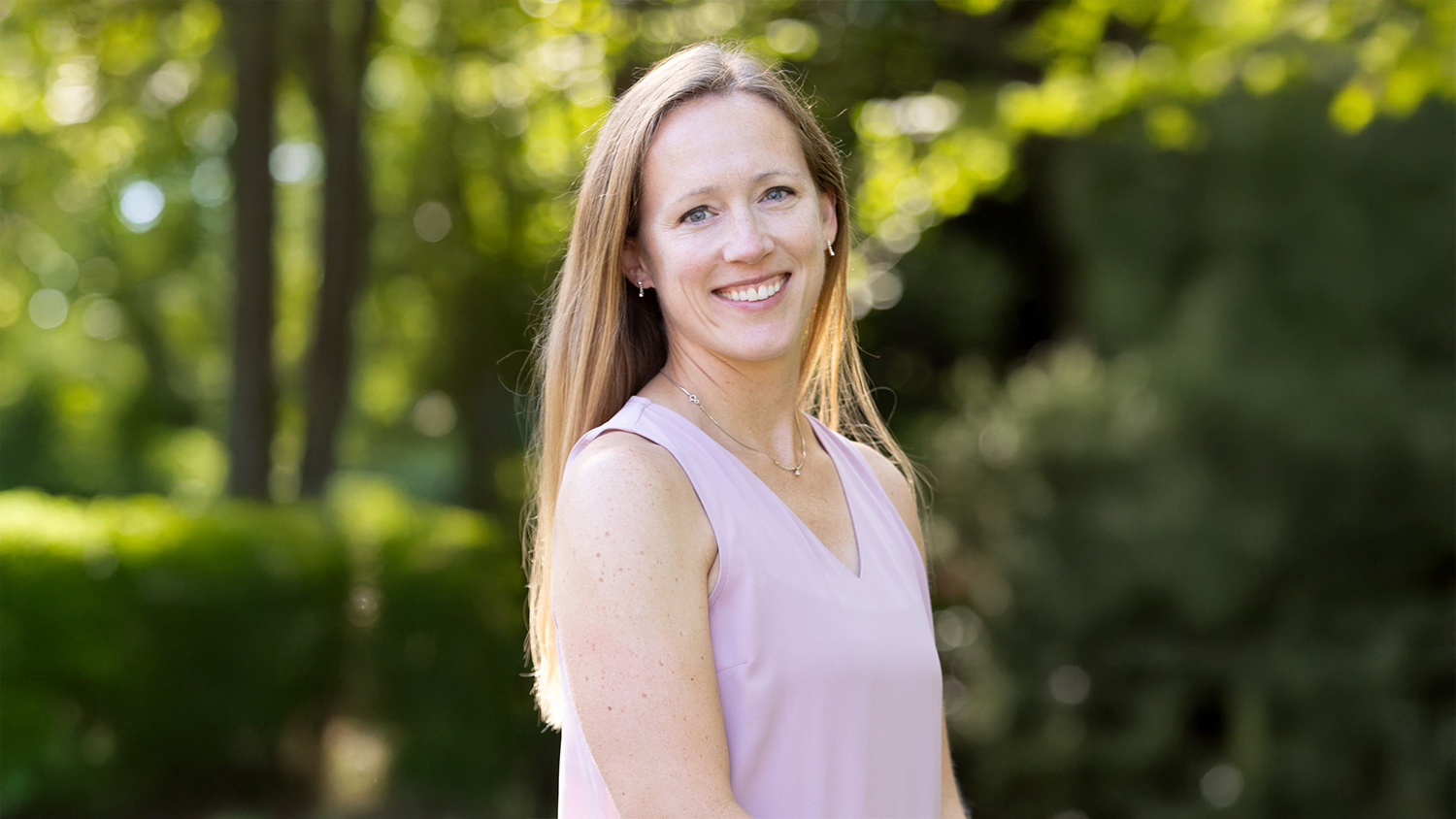University Honors Program hosts Awareness to Activism Series
It was late fall of 1986 in Alabama, and Walter McMillian was accused of a crime that he didn’t commit. Working for the Equal Justice Initiative at the time, Bryan Stevenson took on McMillian’s case in hopes of pursuing justice. A wrongful prosecution, an unfair trial, and a long-awaited exoneration of McMillian comprise Stevenson’s book, “Just Mercy.”
“Just Mercy” was the 2016 common reading selection for NC State, and the University Honors Program (UHP) is continuing the conversation of pursuing justice into the 2017 spring semester. UHP took a unique perspective into issues surrounding the broken criminal justice system by taking a national problem and looking at it under a North Carolina lens. In order to consider the local perspective, UHP is hosting a panel series centered around “Awareness to Activism” during the month of February. The series is comprised of four panels and focuses on topics ranging from unlawful and unjust incarceration to lynching to activism in Wake County.
The UHP staff and Honors Village Fellows thought that there was added value in tuning in to North Carolina. The goal of the series, as the title says, is to create awareness about these issues and understand what activism looks like going forward. Honors Village Fellow Joanna Copio said, “This series provides a different and often unknown perspective on the unfairness people experience every day.”
UHP hopes to foster awareness of issues that impact immediate campus communities but also much larger communities and systems such as the local and state levels and their associated policies. The first panel focused on Greg Taylor, who was wrongfully incarcerated for 17 years. Taylor’s lawyer, Christine Mumma, shed light on how tough the fight is. The fight for someone who is innocent is time-intensive and expensive. Additionally, the panel discussed how many people who are falsely accused do not have monetary resources or familial support and advocacy to endure the long fight for justice that is ahead of them.
The second panel had two representatives of the Innocence Commission that discussed unjust incarceration from a legal standpoint. The third panel focused on the history of lynching, bringing awareness to a chapter in history that is often neglected. Lastly, the fourth panel focused on young activists in Wake County and their causes. The series concludes with a civil rights trip, open to all students, to Birmingham, AL and Atlanta during Spring Break.
The series was formed out of the Common Reading Mini-Grant and was created in collaboration with other departments on campus such as the Department of Africana Studies, Department of Communication, Interdisciplinary Studies, and Community for Diversity in College of Natural Resources.
- Categories:


